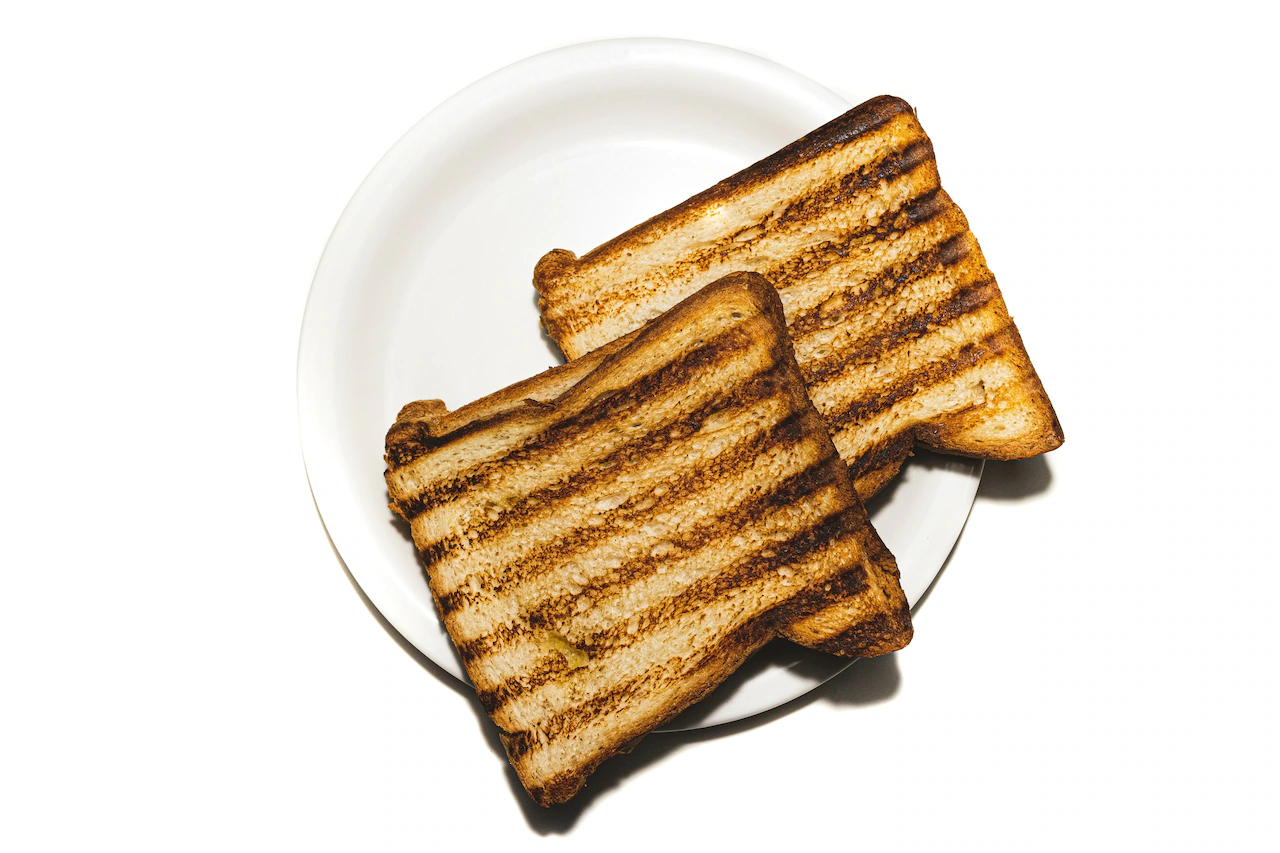Copyright Mechanicsburg Patriot News

As a registered nurse and student of Wehrheim School of Nursing at Millersville University, I find it deeply concerning how littered our food supply is with chemicals and known carcinogens. A significant portion of my job is health education, and that includes promotion of a healthy diet. Food sustains us; it fuels our bodies and determines our health status. However, there are harmful additives in our food supply that threaten the health of the general public. Lately, I have been intrigued by the extensive ingredient list on the back of my food purchases. It raises a question: Is this all necessary, let alone safe for consumption? Artificial food dyes have recently captured the attention of Americans as their content has been brought to light. Experts have linked dyes, which are found in every pantry across the country, to neurological problems in children as well as having carcinogenic properties in animals. There has been much attention to controversial Red Dye No. 40 in particular; a petroleum-based synthetic dye found in common household snacks, candies, beverages and cereals. It has been banned from the cosmetic industry since the 1990s, yet the Food and Drug Administration (FDA) has allowed its continued use in our food supply. Why? Is it not the role of the FDA to protect the public? ABC News reported that although the dye has not been linked to cancer in humans, only in rats, by law, any additive that is known to cause cancer in people or animals must be removed. The question remains, why was this approved in the first place and how why it took nearly 40 years to act? A 2025 article from “Cancers," an oncology journal, stated that although the link between diet and cancer is significant, especially in ultra-processed foods, providing direct causation from specific additives can be rather difficult and slow to result in regulatory action. The well-being of the public is my priority, and I find this issue rather alarming.



